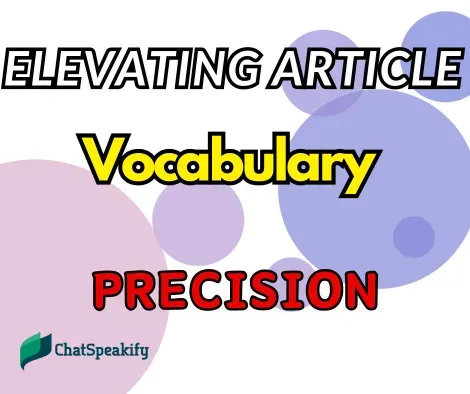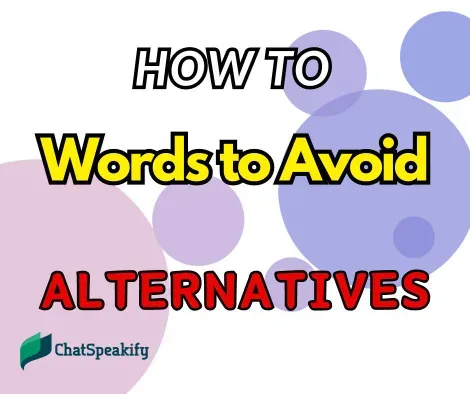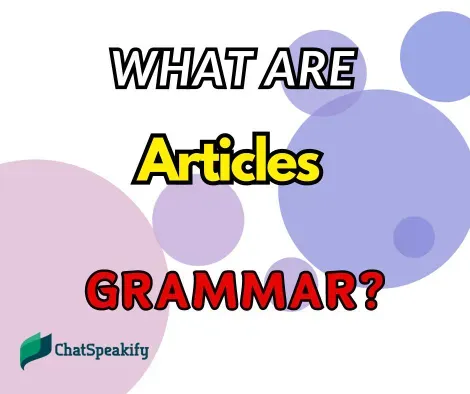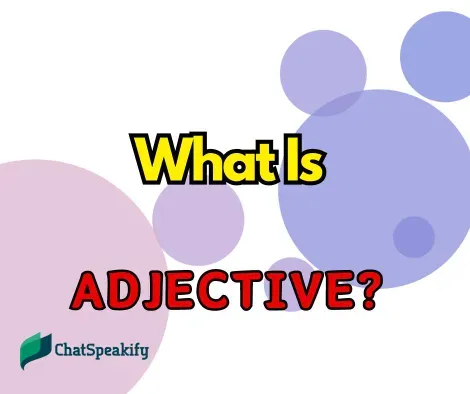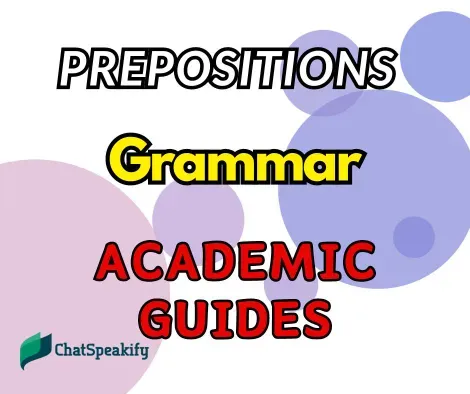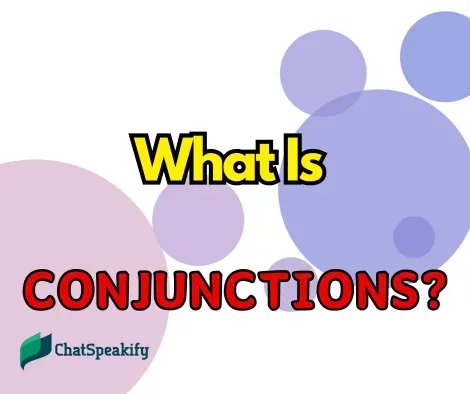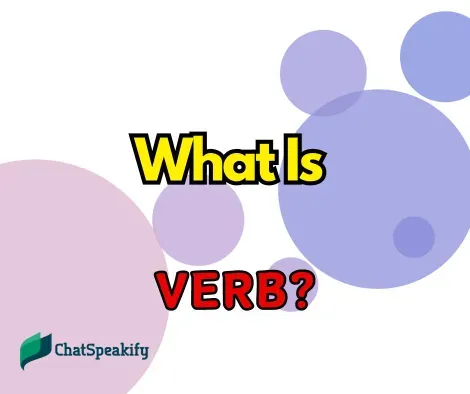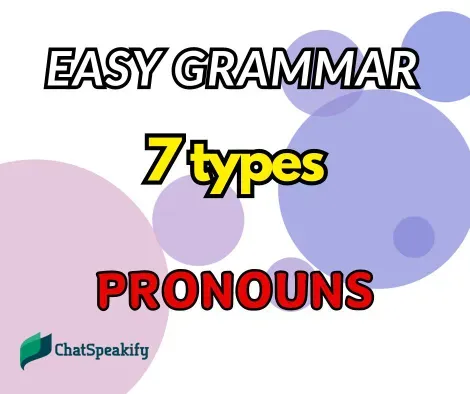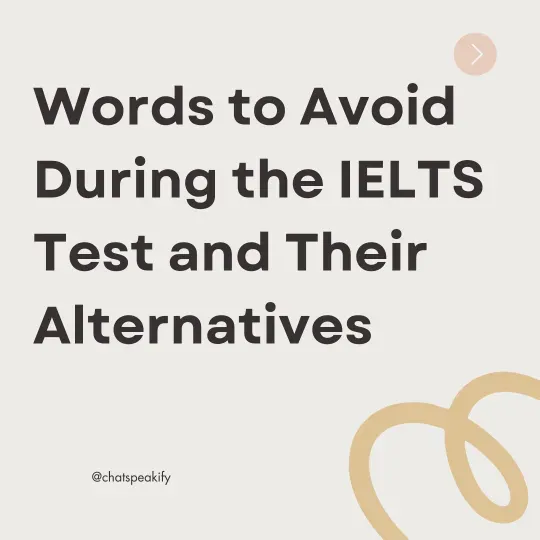
Words to Avoid During the IELTS Test and Their Alternatives
Enhancing your vocabulary is crucial for success in the IELTS test. Using varied and precise language can significantly improve your score. Below are common words to avoid, suitable alternatives and examples to illustrate their use.
1. Very Avoid: very good, very bad, very interesting
Use: excellent, terrible, fascinating
Example: The movie was excellent, with a compelling storyline and outstanding performances.
2. A Lot Of Avoid: a lot of people, a lot of money
